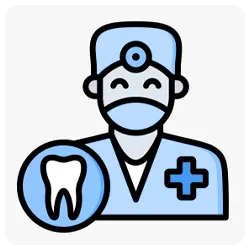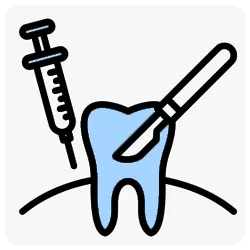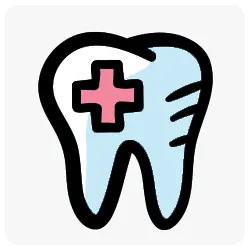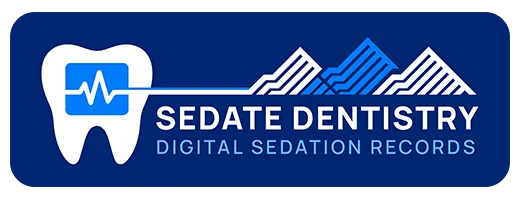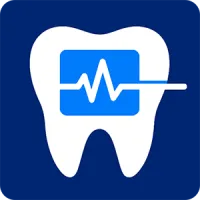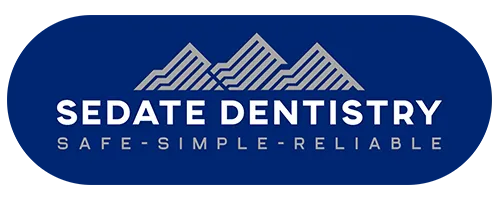
Dental Blog
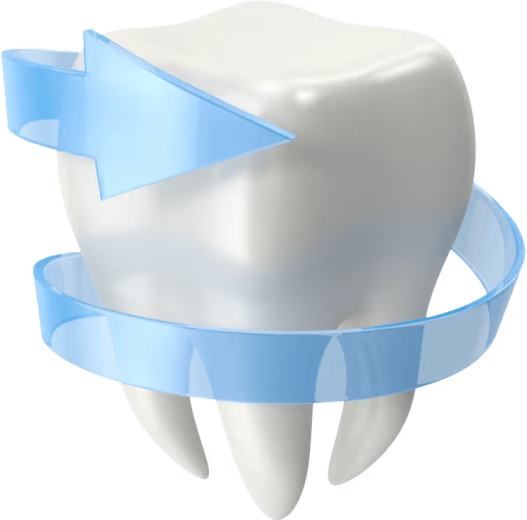

Resources for Dentists
Dive deep into helpful guides and in-depth information about:

Your Resource for Dentistry Insights
Sedation dentistry is evolving. Regulations change, compliance requirements grow, and practices need tools to stay ahead. The Sedate Dentistry Blog is here to help you learn, adapt, and succeed with resources built for dentists, oral surgeons, and office managers.

Explore Topics That Matter

Sedation Dentistry
Learn about sedation dentistry's best practices, compliance tips, and case studies.

Patient Vitals Monitoring
Device integrations, patient monitoring, and technology insights.

Patient Forms & Experience
Intake forms, digital consent, and patient-focused workflows and user experience.

Dental Practice Growth
Grow your dental practice with in depth guides, tutorials, and software reviews.
Recent Guides for Dentists
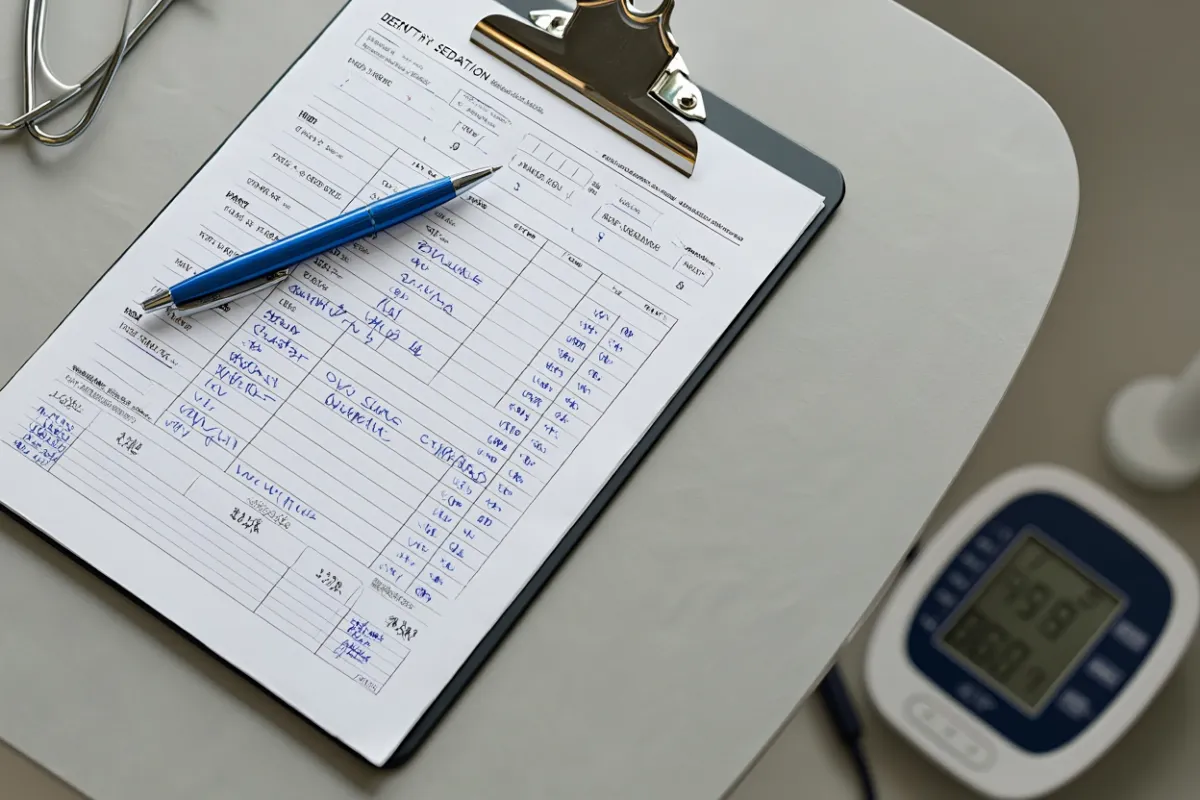
Audit-Ready Sedation Reporting: What Inspectors Look For
Audit-ready sedation reporting is a predictable story: baseline to discharge, time-stamped and complete, with device-fed vitals and structured dose entries. This guide shows exactly what inspectors look for, how to make your record prove it in seconds, and how to turn compliance into a byproduct of good workflow using proper dental sedation compliance and Sedation visit record software, and Patient Vitals Monitor Integrations.
Table of Contents
Audit-Ready Sedation Reporting: What Inspectors Look For
The fastest way to impress an inspector is with a single-screen story
Inspectors read for five elements before anything else
Put standards where people click so audits reflect reality
Show—not tell—your compliance with a table that mirrors an inspector’s checklist
Make the eight-field dose sentence your universal language
Stream vitals so your Recorder can focus on decisions, not numbers
Align your timing with how inspectors actually read charts
Document nitrous as dose-over-time to close a chronic audit gap
Use objective discharge to end “looks ready” debates
Standardize what “good” looks like with a timeline example
Train to metrics so you always know if you’re audit-ready
Inspectors aren’t guessing; they’re verifying that your documentation demonstrates screening, monitoring, dosing, and discharge exactly as your policy states. Audit stress disappears when your record captures the same short phrases your team says out loud and when devices post vitals without transcription. This article breaks down the inspection lens, shows how to structure entries so they defend themselves, and provides copy-ready checklists and HTML tables you can paste into SOPs and trainings.
The fastest way to impress an inspector is with a single-screen story
Audits go quickly when intake, monitoring, medication entries, nitrous, events, and discharge live on one timeline in digital sedation visit records. A single view proves that your team followed policy and that the chart reads like the room felt.
Inspectors read for five elements before anything else
Auditors look for a complete, time-stamped sequence that explains what you planned, what you saw, what you did, and how the patient left.
● Screening and consent documented with the exact language your policy requires
● Baseline vitals ×2 and device-quality checks before induction
● Monitoring at a predictable cadence with extra entries during stimulation changes
● Medication entries showing name, concentration, route, exact dose, time, indication, immediate response, and running totals
● Objective discharge criteria completed before sign-off
Put standards where people click so audits reflect reality
Policies only help if they live inside the chart. Version-controlled checklists, dose prompts, and timers inside compliance checklists for sedation ensure your record always reflects the latest standard.
Show—not tell—your compliance with a table that mirrors an inspector’s checklist
Use this HTML table in your SOP or staff training to align documentation with inspection criteria.
Make the eight-field dose sentence your universal language
Consistency turns “trust me” into traceable documentation. Train the Recorder to say and type the same sentence every time a dose changes: medication name and concentration (mg/mL), route, exact dose, time, indication, immediate response, and running total. This pattern makes audit-ready sedation reporting the default rather than a heroic effort.
Stream vitals so your Recorder can focus on decisions, not numbers
Transcribed vitals create gaps and late-night edits. Streaming SpO₂/HR/NIBP (and ETCO₂ where available) into the record with Patient Vitals Monitor Integrations keeps intervals on time and lets the Recorder capture doses and events in real time.
Align your timing with how inspectors actually read charts
Inspectors scan for trend and timeliness. They confirm that a concerning change triggered a prompt response and that the response worked.
● Interval cadence matches modality (q5 minutes for IV; q10–15 for oral)
● Extra entries occur during injections, traction, gagging, alarms, or repositioning
● Post-intervention vitals show recovery within minutes
For IV-specific cadence detail, point reviewers to IV sedation charting software.
Document nitrous as dose-over-time to close a chronic audit gap
Many clinics get dinged for “nitrous: used.” Replace that with one compact block: start time; titration range (e.g., 20–35%); peak percentage and duration at peak; and 100% O₂ flush at the end. This one line satisfies inspectors and takes seconds to complete inside Sedation visit record software.
Use objective discharge to end “looks ready” debates
Discharge should never hinge on a vibe. Enforce a checklist—recovery vitals stable, orientation appropriate, ambulation safe, nausea/pain controlled, fluids as indicated, escort briefed, required fields complete—through a hard stop. Inspectors love that completion is impossible without proof.
Standardize what “good” looks like with a timeline example
A timeline example makes reviews effortless and coaching fast.
● 10:02 Baseline vitals ×2; pleth waveform crisp; cuff sized correctly; consent matches policy v3.2.
● 10:08 Midazolam 1 mg/mL, IV 0.5 mg; anxiolysis; calmer; total 0.5 mg.
● 10:13 NIBP 124/78; ETCO₂ 41; RR 14.
● 10:20 Extra entry: traction begins; SpO₂ 99%, HR 78; O₂ ready.
● 10:22 Snoring and ETCO₂ 54; jaw thrust + O₂ 10 L/min; by 10:23 ETCO₂ 42, RR 14, SpO₂ 99%; purposeful.
● 10:25 Nitrous block: start 10:10; range 15–25%; peak 25% ×8 min; O₂ flush at end.
● 10:48 Recovery; vitals stable; orientation improved; ambulation safe; fluids tolerated.
● 11:00 Discharge checklist complete; escort briefed; instructions provided.
Train to metrics so you always know if you’re audit-ready
Small dashboards replace arguments with progress.
Close gaps with a 7-day remediation plan (copy/paste)
When a self-audit or inspector finds a gap, fix behavior fast with this HTML plan.
Bottom line
Audit-ready sedation reporting is the product of a simple design: put standards where people click, stream vitals to the timeline, capture doses with one repeatable sentence, log nitrous as dose-over-time, and hard-stop discharge. When your record mirrors your spoken script, auditors can verify safety in seconds—and your team finishes charts in minutes.
Next Steps
Book a Free Demo to see how Sedate Dentistry’s Digital Sedation Visit Records Software can streamline and replace paper sedation visit records—saving time, money, and increasing compliance while reducing liability and improving the quality of patient records.
Ready to modernize your sedation documentation? Book a Free Demo with Sedate today.

Stay Ahead of the Curve
Benefits of Following Our Blog
Learn compliance best practices.
Discover new sedation software features.
Get expert tips for improving patient care.
See how practices are switching from paper or competitors like Xchart.

Learn More About Sedate Dentistry?
Request a software demo today. See how we can digitalize your sedation visit records.
Simple Pricing, No Hidden Fees
No limits on Procedures or Patients (additional fees for additional offices and dentists)
Testimonials
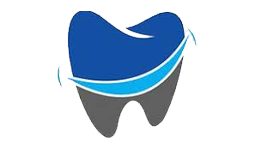
SmileRight Dentistry
Here's Sedate Dentistry Software in a nutshell. Time Saver. Money Saver. Easy to use. Amazing support. End of story.
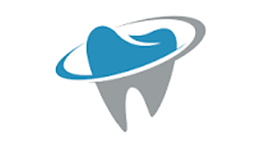
DentalClean
We learned about Sedate Dentistry from one of their other sister companies Edental. We switched from Xchart and this app works great.
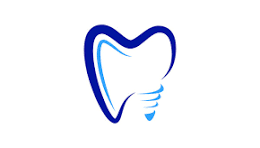
Metro Dentistry
The team at Sedate Dentistry has been amazing, especially Josh who helped integrate into our Edan X10. Much better than Xchart and a fraction of the price.
Contact Us
Contact Us
3165 West 4700 South, Suite A, Taylorsville Utah 84129

